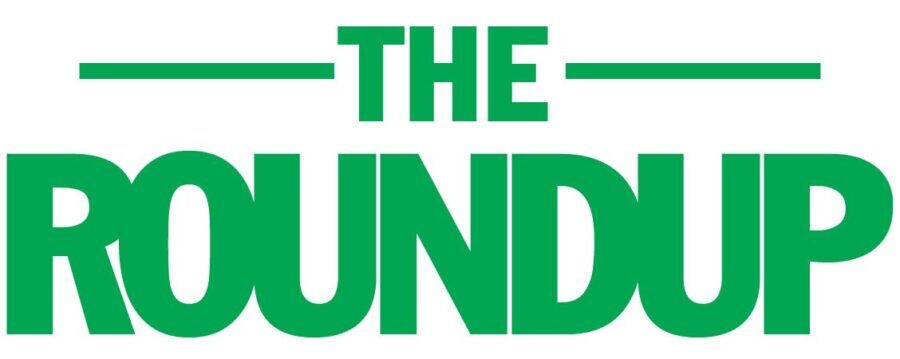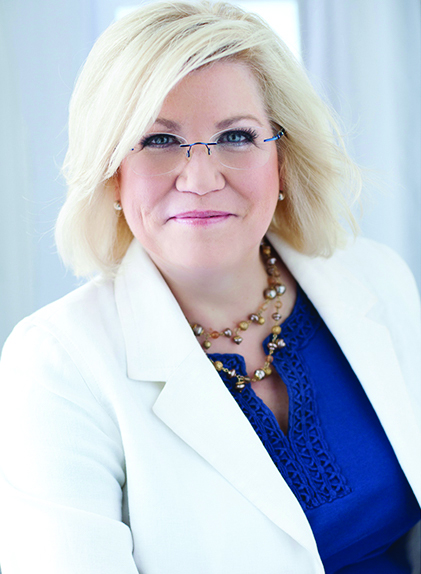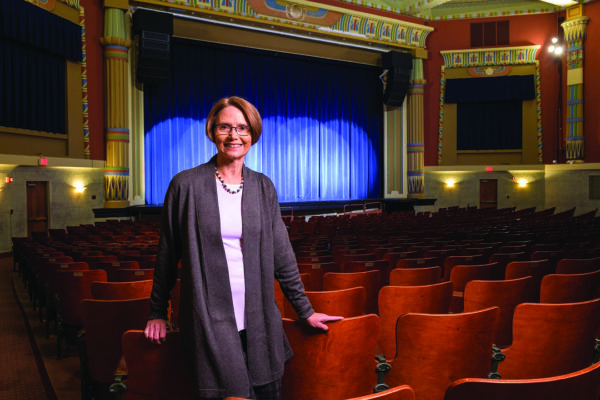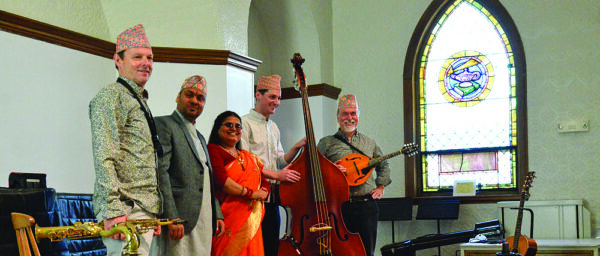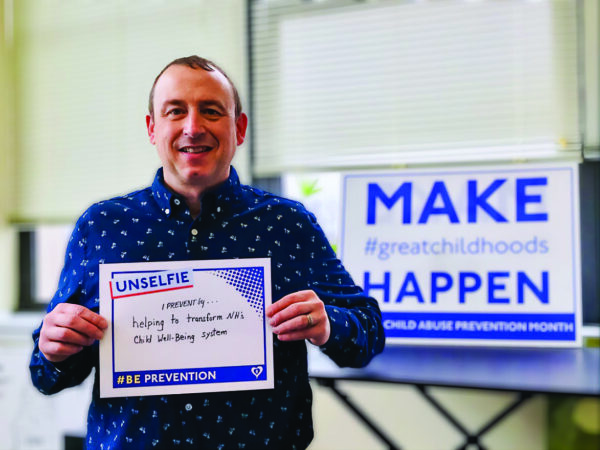The latest from NH’s theater, arts and literary communities
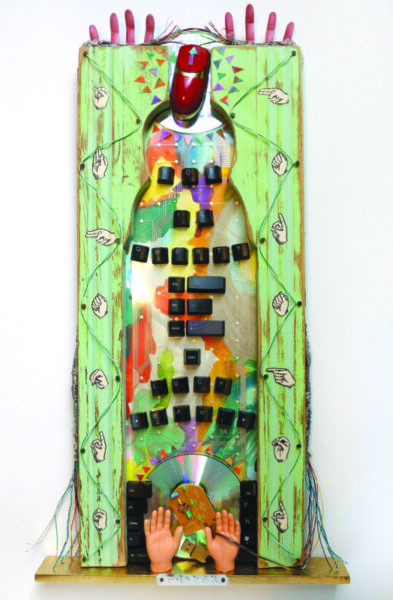
• The Hatbox reopens: Several performance series return to The Hatbox Theatre (Steeplegate Mall, 270 Loudon Road, Concord) this month, including Queen City Improv on Fridays, April 23, May 7, May 21 and June 4, and Thursday, June 17; Comedy Out of the ’Box on Saturdays, April 24, May 8, May 22 and June 5, and Thursday, June 24; and Discovering Magic with Andrew Pinard on Wednesdays, May 19 and June 16. Mainstage theater productions will return in June with Holmes & Watson, presented by Phylloxera Productions, running June 11 through June 27. Shows are at 7:30 p.m. Wednesday through Saturday and 2 p.m. on Sunday. Tickets cost $22 for adults, $19 for members, seniors and students, and $16 for senior members. Call 715-2315 or visit hatboxnh.com.
• A modern take on retablos: Twiggs Gallery (254 King St., Boscawen) presents a new art exhibit, “Retablos Reconsidered,” on view April 24 through June 6. The exhibit features works by 12 artists inspired by retablos, the honorific art form of devotional paintings that relate to miraculous events. “[The works] reveal themes that personally, socially and politically affect [the artists’] lives,” the gallery stated in a press release. “Some reflect traditional religious themes within a contemporary context. Others are non-religious but are created to draw awareness to broad issues in our times and some reveal deeply personal stories.” Gallery hours are Thursday through Saturday from 11 a.m. to 4 p.m., and Sunday from noon to 4 p.m. Call 975-0015 or visit twiggsgallery.wordpress.com.
• Virtual poetry events: National Poetry Month in New Hampshire continues with virtual poetry writing workshops on Sunday, April 25, at 3 p.m., and Tuesday, April 27, at 7 p.m., led by graduate students interning with New Hampshire Poet Laureate Alexandria Peary; and a virtual poetry reading and conversation with Peary and Margot Douaihy on Monday, April 26, at 7 p.m. “[Participating in] one of these events might give you ideas for your own writing,” Peary told the Hippo earlier this month. “I think it could also give you a sense that, with so many opportunities for engagement with the creative writing [community] in the state, it could become a really rich part of your life and social life.” All events are free, and registration is required. Visit newhampshirepoetlaureate.blogspot.com and hobblebush.com/national-poetry-month for a complete schedule and list of National Poetry Month activities.
• Shaker Village seeks artists: Canterbury Shaker Village (288 Shaker Road, Canterbury) is accepting applications for its Summer Artist-in-Residence Program now through May 1. The two-week residency is open to visual artists of all media who are interested in creating art inspired by the architecture, landscape, traditional crafts, furniture, artistic endeavors and culture of the Shakers. Resident artists will live and work onsite at the village and talk with visitors about their creative process. To apply, email csvjuror@gmail.com with a bio or resume, an artist’s statement, a paragraph about why you’re interested in the residency and what you hope to accomplish, and five images of your most recent artwork. Call 783-9511 or visit shakers.org.

